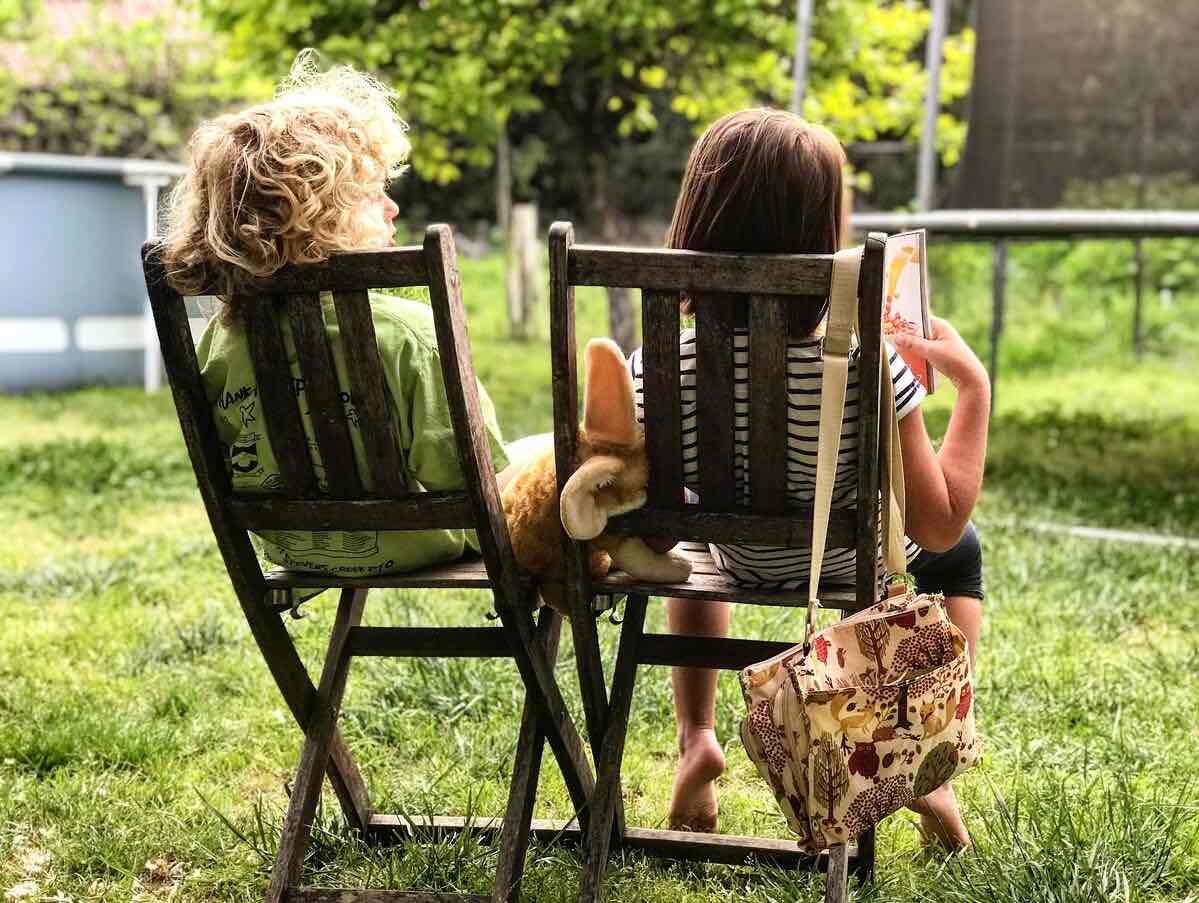Spring is here! The air is warmer, the days are getting longer, and the flowers are blooming. Spring signifies a fresh start…and what better time than now to give your relationships the fresh start they may need.
When we think of the relationships we need to work on, we often first think of our romantic relationships or friendships. However, one of the first places we may need to look at is our own families: in this particular case, our relationships with our siblings.
Difficult sibling relationships are some of the most stressful relationships we have in our lives. Whether because of past hurts, comparisons, or other factors beyond our control, we can find our relationships with our brothers and sisters strained and difficult; maybe even to the point that we avoid them altogether because it just doesn’t feel emotionally safe to engage with them.
Feeling safe to communicate is an essential part of creating a healthier relationship. At times, our families can feel like some of the least safe places to share our true thoughts and feelings. Past hurtful encounters, times we didn’t feel heard, or times when a seemingly innocent conversation turned into a yelling match condition us to be protective of ourselves when we consider the prospect of yet another “icky” conversation.
But what if it didn’t have to be that way? What if you could shift that entire dynamic simply by choosing to talk and listen in a slightly different way than usual? What if, by coming to the conversation prepared to make it safe for you both, you could open the door to conversations that don’t result in huge blowups, but instead, allow you to discuss things without fear, and actually address the things you need to address?
All that is possible with just a little bit of understanding and some purposeful practice. Safe Conversations can show you how to talk without criticism and listen without judgment so that your sibling feels heard (maybe for the first time in years!) and you do, too.
But what does that look like? While every relationship is different, there are tried and true ways to cope and grow in these strained sibling relationships.
Let Go
One of the first steps toward a healthier relationship with your sibling is to let go of built-up bitterness and resentment. You are not captive to the frustrations of the past; make the conscious choice to mentally prepare yourself for a fresh start; a clean slate. Choose to forgive any past offenses (even if your sibling has not asked for that forgiveness) and look forward to a safe, relaxed relationship rather than the same unsafe, frustrating one of the past.
Lead By Example
We’re not all fortunate enough to have siblings who are willing and ready to work on their relationship with us. In this case, you can choose to model healthy communication with them – communication that leads to connection rather than separation – even when they aren’t reciprocating. Your choice to improve relations and re-establish connection makes all the difference. Keep old habits of defending, criticizing, or blaming in check, while you listen intentionally and respond respectfully; this shows your sibling that you truly care about what they have to say. If they feel truly heard, they most likely won’t feel the need to convince or force you to their point of view. Acknowledge their point, (remember, acknowledgment DOES NOT equal agreement!) let them know you can see why they might see it that way, and then ask them to share more with you – more about why they feel that way, or more about what they’ve learned about the subject. You don’t have to agree; just showing interest in their point rather than automatically arguing with them will change the course of the conversation. You’ll be amazed at how disarming genuine listening can be.
Be Intentional
Instead of waiting for your sibling to change their behavior, YOU choose to change yours. They will follow your lead, at first unconsciously. Soon they’ll notice a shift in the tone of your conversations, and they’ll be curious about what’s different. They’ll begin to feel safer, and may not even know why. Watch how they begin responding to you in the same ways you respond to them. It’s really a lot of fun, and a huge relief, when you realize that the small changes you’ve made have created a safer, more relaxed, and productive conversation with your sibling. The quality of our conversations determines the quality of our relationships, and the quality of our relationships determines the quality of our lives. Especially where family is involved.
Our relationships with our siblings (like all relationships) can be complex and difficult. They can also be healthy and beautiful. Facing sibling conflict is incredibly common. Take stock of your relationships with your siblings this week and evaluate if they are healthy or if they may need a “fresh start.” Safe Conversations can help that fresh start bloom into a healthy, connected relationship that will bring you both happiness for years to come.

